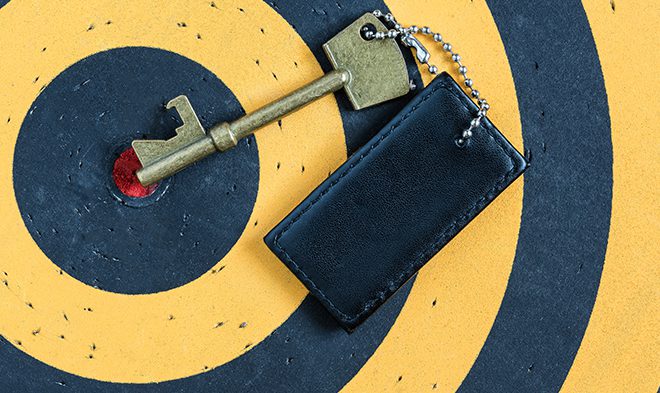Should you cede your life insurance?
Consumers who are applying for home loans are often asked to have a collateral to secure their loan. This leads to many ceding their life insurance without thinking about the implications.
We spoke to Schalk Malan, CEO of Brightrock, to give you a heads up on the factors you need to consider before handing your rights to your creditor.
Type of cession
When circumstances force you to cede your life insurance, think about the different forms of cession.
If you’re ceding your life insurance to secure a loan, the most appropriate form of cession would be a security or collateral cession. A collateral cession is the temporary transfer of some or all of the policy owner’s rights under their life insurance policy to a third party (the cessionary) as security for an underlying transaction.
The cessionary’s rights are limited, and they can only receive a maximum pay-out equal to the policy owner’s outstanding debt to the cessionary, or the amount paid out – whichever is the lower of the two.
All other rights of ownership of the policy will remain with the policy owner, not the cessionary.
The other cession that exists is an outright or absolute cession, where you permanently transfer your whole policy to your creditor.
The cessionary will become the owner of the policy and all your rights to this policy will then come to an end. This means you won’t be able to cancel the cession. Only the new policy owner – that is, the cessionary – will have the right to transfer your rights back to you.
In the case of an absolute cession, the full proceeds of the claim will be paid to the cessionary.
The effect on the beneficiaries
Depending on the type of cession, you and your beneficiaries may permanently forego your rights to the policy’s proceeds in the event of a claim.
It is therefore important to ensure that, if you want to provide for your dependants, you take out cover over and above the loan amount to meet your needs. After all, you took out the policy to ensure that your family is taken care of in case of your death.
If you don’t cancel your creditor will remain a beneficiary
If you have fully paid your debt to the cessionary, you should immediately notify the insurer that the cession should be cancelled – the cessionary will need to confirm this.
Usually, the bank will provide you with a stamped letter confirming that the debt no longer exists, and the life insurer can remove the cession.
The cession is then cancelled, and all cover will be transferred back to the original policy owner. In the event of death, the insurer will then pay the policy owner, estate, or beneficiaries in full.
It’s very important to review your beneficiaries with your financial adviser after the cancellation of a cession to make sure that the correct people get a pay-out in the event of a claim.
The surplus will be paid into your account
Again, depending on the type of cession, any claims proceeds over and above the ceded amount under a collateral will be paid out to the policy owner, beneficiaries, or the estate, and not to the cessionary.
It is always best to get the advice of a qualified and independent financial adviser to do a careful financial needs analysis and advise you on the implications of ceding your life insurance cover.
This article has been prepared for information purposes only and it does not constitute legal, financial, or medical advice.The publication, journalist, and companies or individuals providing commentary cannot be held liable in any way. Readers are advised to seek legal, financial, or medical advice where appropriate




